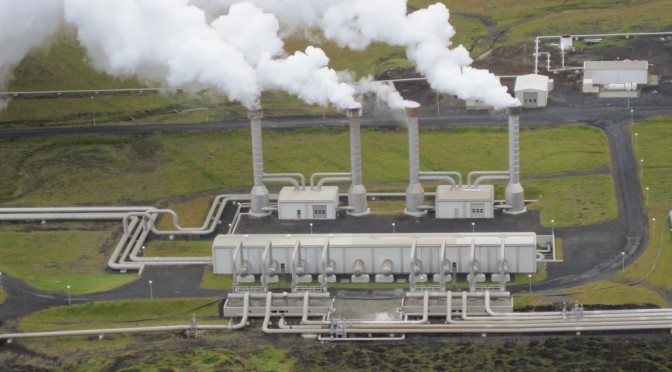EVWIND
The government is also committed to increase various forms of renewable energy including solar, wind, biomass and hydro sources by 50 percent by 2020.
In an attempt to improve access to modern energy services, the Rwandan authorities are looking to exploit geothermal power associated with solar energy plants in a move to promote a sustainable energy for all.
Solange Nyiramajyambere, a female farmer from Nyabihu, a district in the north western Rwanda explained that when the first solar electricity system was installed in some households in this remote village, it turned out to be something she had never seen before in her village. “My house, and most of the village, has always been plunged into darkness during night,” she told Xinhua.
The story of Nyiramajyambere who has never seen electricity before, is one illustration of how all villages in the remote rural areas across Rwanda are trying to use renewable energy to electrify their homes.
Rwanda is looking to install a capacity of 23,328 megawatts, of which the high percentage powers will be devoted to small grid systems in several remote areas across the country where only 14 percent of the population has access to electricity, according to the Energy and Water Sanitation Authority (EWSA), a government body.
“Our village has never had electricity before and we used struggle without it, now slowly but surely with the installation of solar system and geothermal power system, this will transform our daily lives,” Nyiramajyambere said.
There are currently a dozen hydropower stations nationwide, and several other more projects related to the use of renewable energies are undergoing across the remote areas of the tiny Central African nation.
In Rwanda hydroelectricty system represents a big part of the country’s energy consumption, though the country is looking to invest in diversifying its sources, particularly by shifting to renewable energy such as solar and thermal power stations.
A recent study on energy efficiency in Rwanda reported that the Central African nation through its Economic Development and Poverty Reduction Strategy (EDPRS) based on the Vision 2020, is intending to increase its access to electricity from the current 5 percent to at least 16 percent by the year 2012.
The case of Nyabihu, one of the country’s remote district located in volcanic area in the north western Rwanda, where most of the population is involved in farming activities, is the most illustrative.
In that district, like several other remote areas countrywide, the Rwandan government in collaboration with different stakeholders and local research institutions has embarked on various projects on the exploitation of biomass from agricultural waste, small hydropower stations, and wind, solar and geothermal energies.
According to officials forecast, promotion campaigns on the use of energy saving appliances and devices will help the country implement the electricity access program at least-cost through connecting more people whilst still using the same amount of electricity.
It is said that on the supply side, the government will encourage the private sector to invest in manufacturing of solar water-heaters or assembling them locally while for the sustainability of the business, the institutional and financial mechanism will be put in place where all stakeholders will play a crucial role.
The plan to expand renewable energy sources development relies on the fact that environmental experts are emphasizing the need for the Rwanda to address the issue of natural resource degradation in this, Africa’s most densely populated country of 416 inhabitants per square kilometer.
In the view of Jean Baptiste Nduwayezu, the director general of Rwanda’s Institute of Scientific and Technological Research, while considering that there are abundant renewable energy resources in Rwanda, this is also implies a need to keep the country green.
“Given that various form of renewable energies are available in quantity accross the country, it is quite imperative to eploit them,” he argued.


